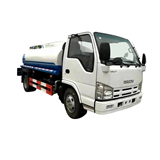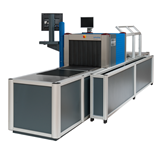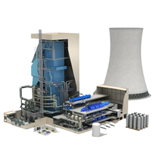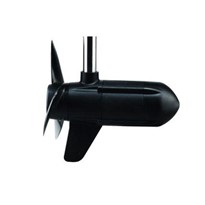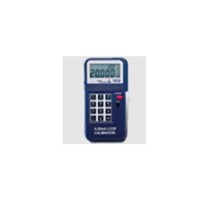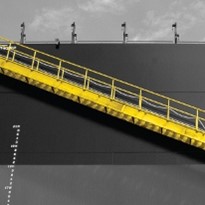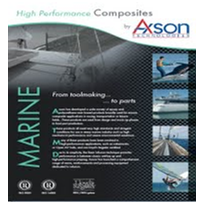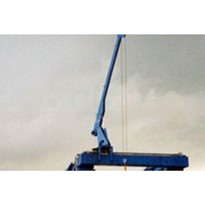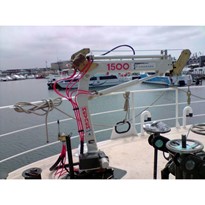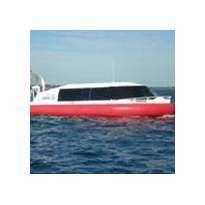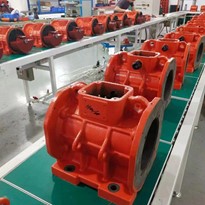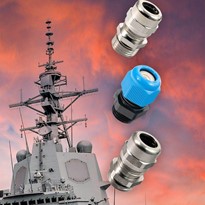These powerful marine motors offer a number of benefits that make them an ideal choice for anyone looking to maximise their vessel's performance and optimise efficiency.
In this blog, we're going to discuss the basics of marine motors—and why DC motors may be the perfect solution for powering your craft out on the waters. So, if you're interested in learning more then read on!
Electric motors as the workhorses of marine life
Marine motors have to be equipped to withstand the arduous conditions of life at sea. From oil platforms pumping rods to tankers ventilating their engine decks, these hardworking machines power all kinds of important activities on our waters (and back at port!). But there's more than meets the eye when it comes down to keeping these electric motors going strong. To combat humidity levels and corrosive water ingress, careful component material selection is required so that these brave little forces can keep up with all that maritime business.
Why transform to a DC motor from the current petrol motor?
Switching from a traditional petrol motor to a DC motor requires careful consideration of several factors. Among the advantages of a DC motor are lower maintenance costs, reduced weight, and less waste. By eliminating the need for fuel, DC motors offer lower maintenance costs. They are also lighter, making transportation easier, and more efficient than diesel motors, which produce more waste. Additionally, DC motors do not discharge exhaust into the water, preventing water contamination during refuelling and creating a cleaner environment.
DC motors: An eco-friendly solution
DC motors are revolutionising the way we power vehicles - land and marine, reducing our environmental footprint by eliminating pollutants from entering our delicate ecosystems. We no longer need to rely on fossil fuel systems alone—electric-powered engines provide an eco-friendly alternative that will benefit future generations.
In conclusion, marine motors are critical components of any water-faring system. By understanding how motors operate in a marine environment, you can ensure that it is fit-for-purpose, functioning optimally and able to be maintained reliably long-term.



-160x160-state_article-rel-cat.png)
-160x160-state_article-rel-cat.png)










